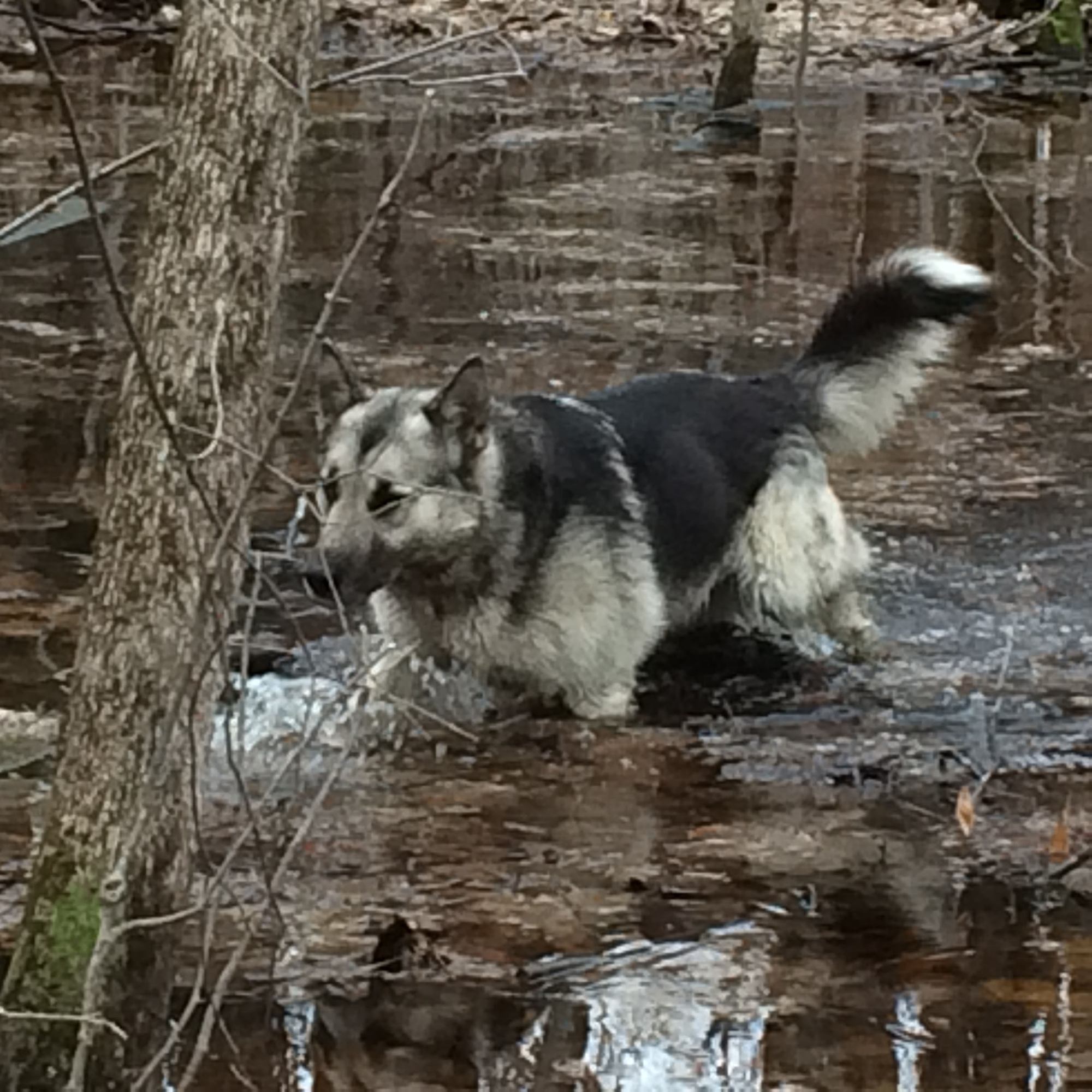By Lynn Macnab
Ticks of many kinds are in full force in Glengarry already, a bit ahead compared with last year’s influx.
Three Dalkeith dogs have already had a number of the blood-sucking arachnids removed and veterinarians and pet owners alike are somewhat concerned about Lyme’s disease.
The border collie, Clive, had three ticks removed from his back. Lucy, the retriever, had two on her neck and Beau, the mutt, had one near his ear.
“I’ve never seen it quite like this before,” says Bob Pytel, who owns three hunting dogs and a farm north of Vankleek Hill. “Thankfully, my dogs are fine right now but my friend not far from here has pulled hundreds of ticks off his dogs in the last week.”
Pytel cuts and splits wood and says he was amazed how many ticks were living in his woodpile this spring. “They looked like they were comatose, but as soon as I started moving wood, they came to life,” he said.
Pytel had a scary black-legged tick incident last year when one of his prize-winning hunting dogs, among the best in Ontario, tested positive for Lyme disease.
“She developed signs of arthritis, her front legs weren’t moving well and she had terrible diarrhea. Dr. McCormick in Vankleek Hill diagnosed her with Lyme disease, gave her antibiotics and she recovered over the year,” says Pytel, who still runs his dogs in the bush despite the possible risks. “We need to vaccinate the dogs, as well as using tick protection such as Revolution. And always check yourself after being in the bush,” he said.
Notices have been going up around the area warning people to be aware of the ticks.
Cornwall municipal arborist Scott Porter cautioned attendees at an information session April 24 that within 30 seconds in the bush, you could have a tick on you or your pet.
Preventative means include using DEET, tucking your pants into boots, wearing hats, checking your pets immediately and doing a self-check. Some concerned bush walkers use tea tree oil to ward off the nasty pests.
At a global warming conference held last year at the Glengarry Sports Palace in Alexandria, guest speakers said that four species were going to thrive in the changing climate: whitetail deer, coyotes, ladybugs and ticks. Sounds like they might be right.


